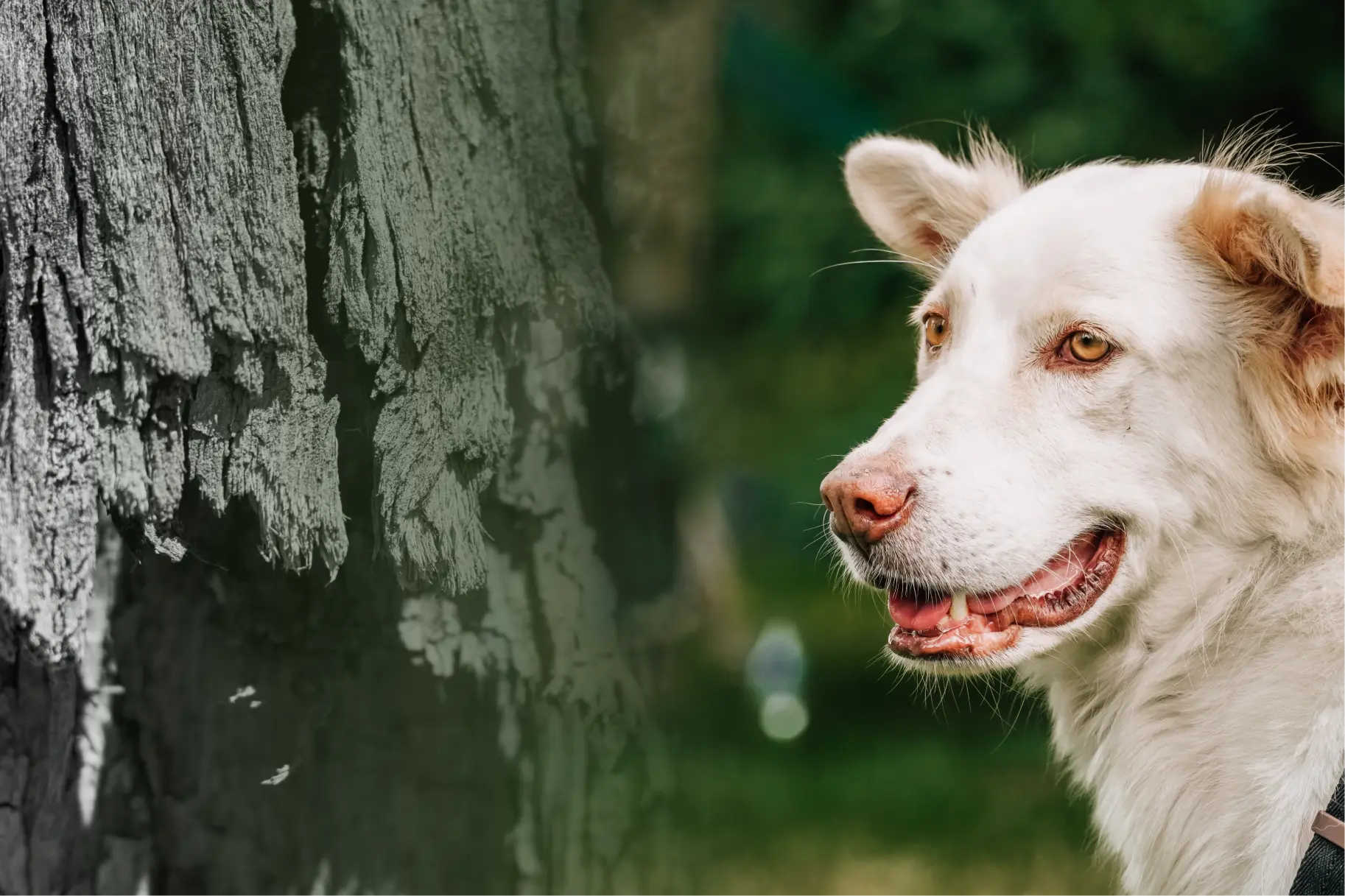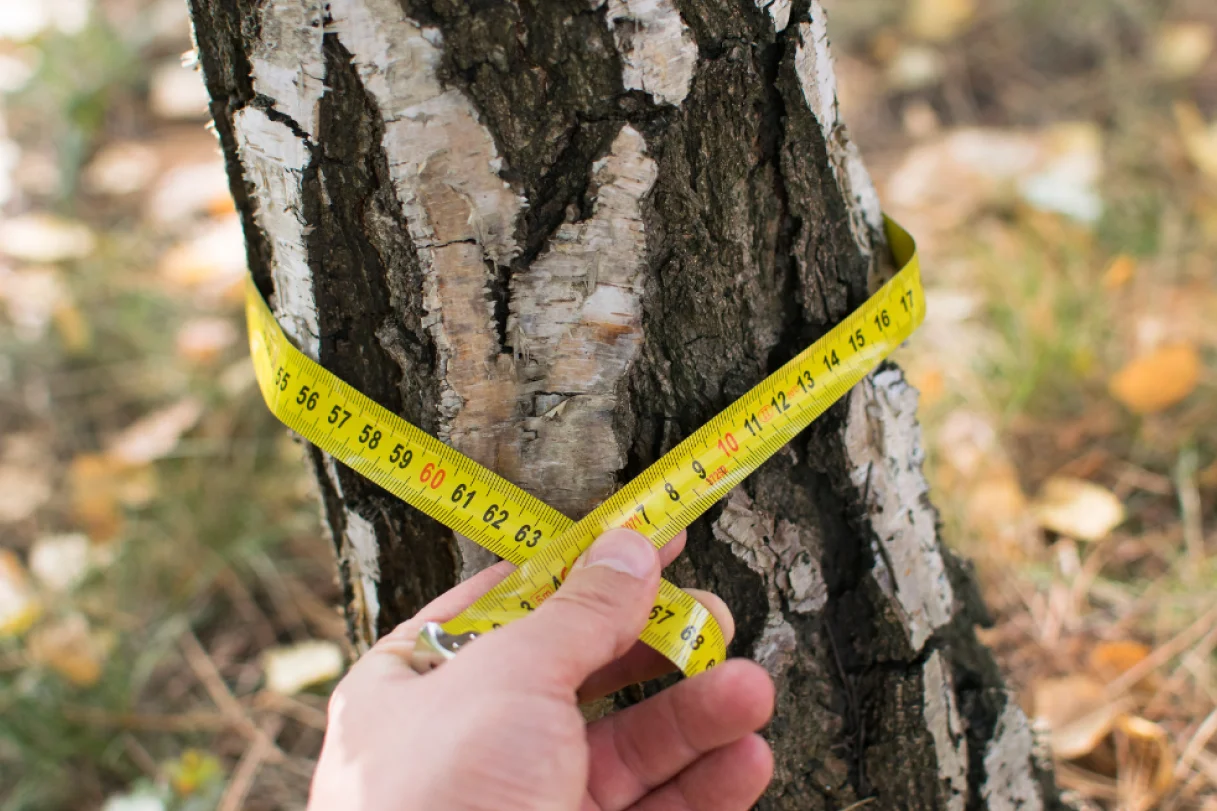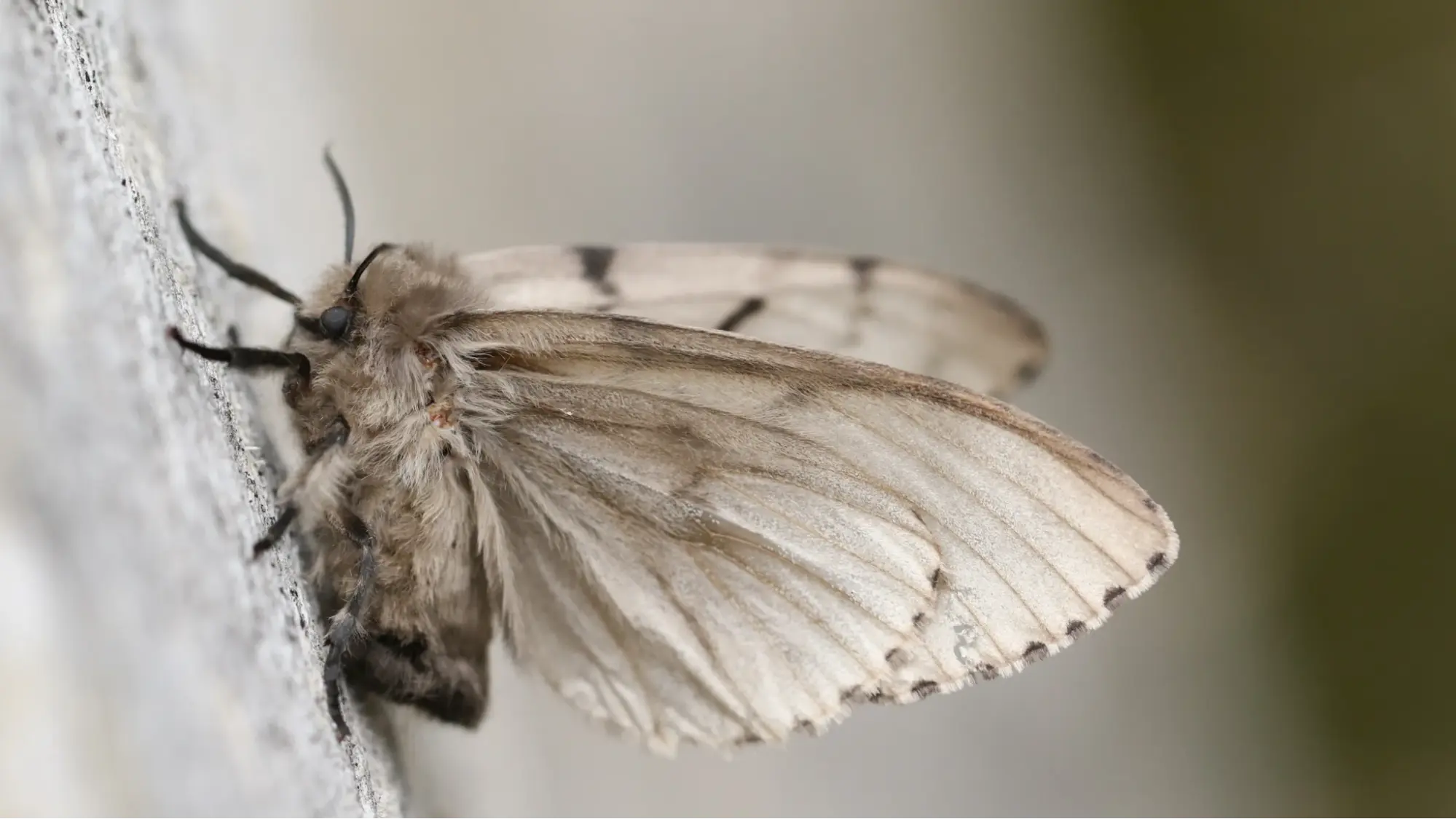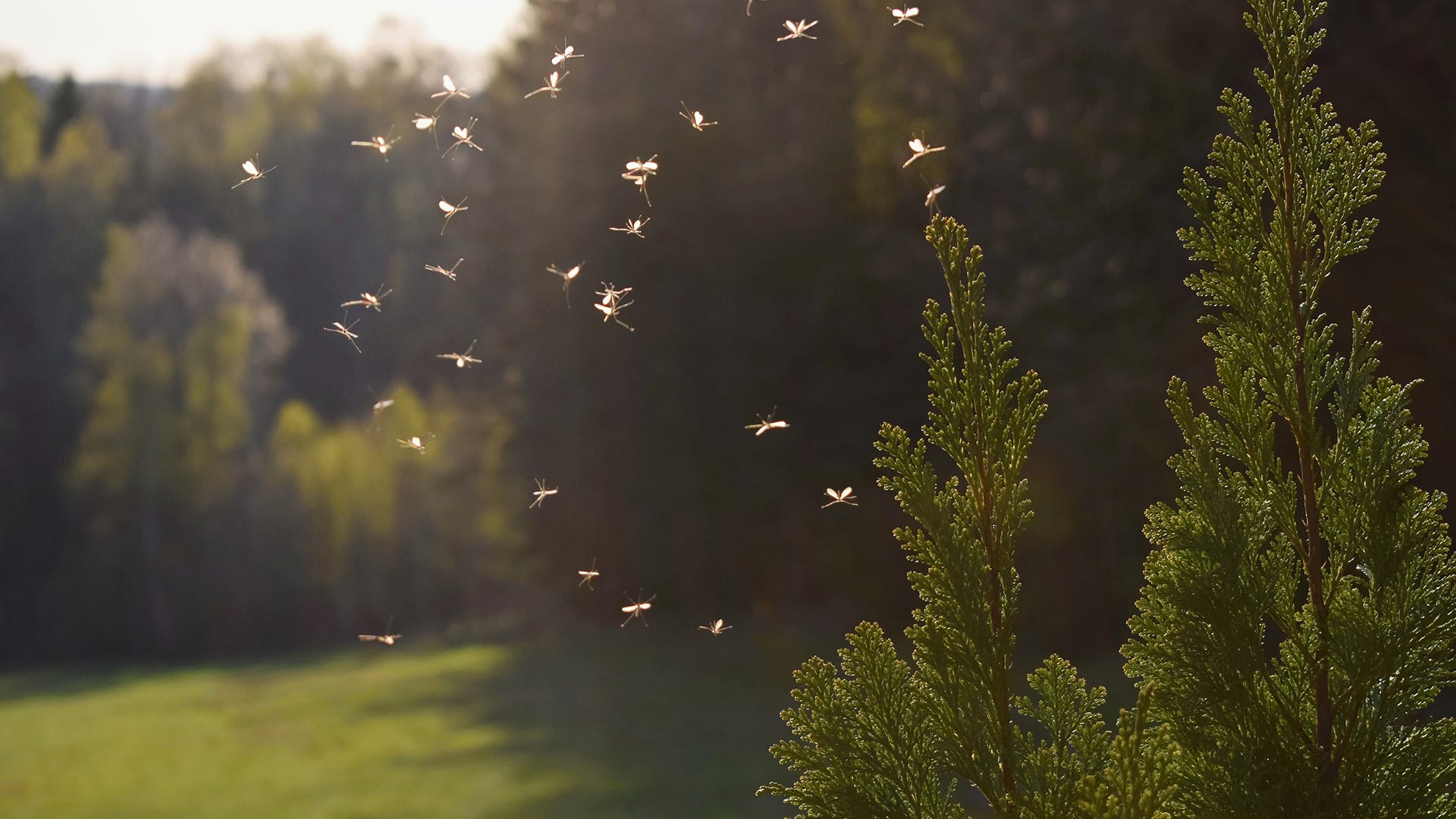Can dogs eat tree bark? For aesthetic and functional reasons, mulches and barks are often used in landscaping. However, for dog owners who worry about dog eating bark or dogs eating tree bark, the question arises whether mulches and barks can be harmful to dogs? The answer depends on a few different factors such as the type of mulch or bark used as well as the behavior of the dog itself.
So, when answering the question ‘can dogs eat bark?’ keep in mind that some examples of mulch that is toxic to dogs would be cocoa mulch because it contains theobromine — the same chemical found in chocolate which is poisonous for them. Eating this kind of mulch can cause symptoms like throwing up, diarrhea, fast heart rate or even seizures and death if severe enough. Hence, it’s important not to use cocoa mulch where pets have access.
Can Mulches and Bark Be Bad for Dogs?
On the other hand, there are some types of mulches like wood chips or pine bark which aren’t inherently poisonous but could still carry hazards if swallowed by an animal such as a dog. In other words – a dog eating bark may suffer from upset stomach manifested through vomiting or diarrhea. Also, when large pieces of barks are consumed they might get stuck in their throats leading them choking hence requiring surgical removal.
Additionally, dogs eating tree bark can develop various types of health complications after consuming chemically treated or pesticide-laden mulches too. These chemicals have the potential to be harmful if ingested by any living thing including humans so imagine what they would do when taken into our bodies through different means such as oral consumption! Pets tend to lick themselves all over after playing outside; therefore it’s possible for them to lick these substances off their paws which will eventually end up being swallowed causing mild abdominal pain at least but possibly even worse like poisoning
To ensure the safety of your dog, it is important to watch their conduct around places where mulch has been applied. If a dog starts showing enthusiasm in chewing or eating mulch or bark, one should consider using other materials for landscaping or erecting barriers to prevent them from reaching it. Further to this point, providing enough exercise for a pet as well as challenging its mind with toys that are safe to chew can discourage such an act.
In summary, not every kind of mulch and bark is dangerous but there are certain precautions which if taken can reduce the risks associated with dog eating tree bark or dogs eating tree bark. This may include choosing safe materials and being very observant over our pets. Once you realize that your animal has consumed poisonous mulch or presents signs showing distress promptly notify a veterinarian.
How to Protect Trees from Urine?

Dogs and trees are wonderful additions to any garden; however they don’t always get along. One of the most common problems involves what dog urine does to trees – it can damage both the bark and root system! So if you’re wondering about ‘tree barks for dogs’ or ‘why my dog eats bark’, then here’s what you need to know about safeguarding your plants against these harmful effects caused by pee.
The main issue lies in the high levels of nitrogen present within canine urine; this can prove toxic when found in large amounts near plants especially trees. Repeatedly exposing them over time causes cracking on barks making way for infections which lead diseases ultimately killing entire parts if not whole trees altogether-often young ones having thin barks being more vulnerable due corrosive nature attributed by pee.
Here are some tips on how best protect them:
Physical Barriers: Putting up small fences around bases stops animals coming too close; besides safeguarding trunk it also saves roots from excessive nitrogen exposure.
Training: Teaching dogs to pee away from trunks works wonders long term since they get used to it; additionally this can be achieved through positive reinforcement which involves rewarding desirable action.
Watering: Regularly soaking ground near base dilutes urine’s nitrogen content thus lowering its impact- particularly crucial during dry spells when concentration tends being stronger due to less rainfall and higher temperatures.
Mulching: Applying some mulch around bottom acts as shield against root contact with pee; nevertheless one should avoid toxic types because sometimes tree barks for dogs cause problems if swallowed.
If you’re struggling with my dog eats bark, then don’t wait too long before seeking help or acting upon it. Chewing barks indicates boredom, anxiety among others therefore a good number of toys should be given them together with exercise sessions plus mental challenges more often than not.
All in all, safeguarding against urine entails combination physical barriers, training plus proper attention. These steps will ensure that both your plants remain healthy while keeping the pets happy and safe too!
What Flowers Are Poisonous to Dogs?
Gardening enthusiasts who are also dog owners often face the challenge of choosing plants that are both beautiful and safe for their pets. While you may wonder is bark good for dogs, it’s equally important to consider the plants and flowers in your garden that could be toxic to them. So, what trees are poisonous to dogs, and more importantly, what flowers should you avoid?
Some common flowers and plants are known to be poisonous to dogs and can cause a range of symptoms from mild gastrointestinal upset to severe poisoning. Here are a few:
Tulips: These beautiful spring flowers have bulbs containing toxins which can cause vomiting, diarrhea, drooling if chewed by dogs.
Azaleas: Popular shrubs among homeowners with gardens but toxic if ingested by pets; signs include vomiting, diarrhea, cardiovascular problems.
Daffodils: These too contain toxic alkaloids especially in bulbs leading up towards them causing severe GI distress.
Lily of the Valley: Containing cardiac glycosides resulting in symptoms like vomiting or diarrhea before dropping heart rate then death in worst-case scenarios.
Oleander: All parts highly poisonous causing severe cardiac as well as gut-related issues when chewed on by canines.
Apart from flowers certain trees toxic to dogs; therefore asking yourself what trees are poisonous to dogs would make you aware about yew tree, black walnut tree among others because they possess toxic substances that may harm your pet if swallowed.
When planning for your garden ensure all plants chosen should not have any poisonous properties after carrying out a research on each one individually while opting for non-toxic varieties only otherwise contact veterinarian once you notice anything unusual since he/she knows best how deal with such cases professionally.
In conclusion while wondering is bark good for dogs, it’s important too look at plants within your garden. By understanding what may be harmful and going for safe trees as well as flowers, you will create a beautiful environment that is also secure for your dog.
How can your service help my garden?
If you’re asking what trees are poisonous to dogs or how can I make my garden dog friendly? Then our tree care services will provide answers to these questions. At Tree Doctors, we are aware of the need for creating an eco-friendly atmosphere where both your pets and plants can thrive.
Our range of services is meant to protect gardens while enhancing their charm. This involves identification plus removal of dangerous trees besides giving recommendations on safe varieties which pets cannot react with negatively; hence our knowledgeable personnel will assist in making suitable decisions concerning different aspects related to gardening such as choice of flower types or even tree barks among others.
Tree Removal: In case there are any poisonous trees around that might pose danger towards animals then we can help by cutting them down safely before suggesting appropriate replacements.
Tree Pruning and Maintenance: Regular trimming coupled with maintenance activities stops things like chewing on barks thus keeping off pests away from tender parts while ensuring overall healthiness and safety aspects remain intact throughout lifespan.
Health Assessments: Our professionals carry out thorough examinations aimed at evaluating wellbeing status for different kinds of plants including those having weak branches or toxic skins so as to detect potential risks early enough.
Opting for Tree Doctors means defending the environment surrounding your home and making sure that your animals have a safe place to play and roam. Our crew is committed to offering excellent service that is customized to fit what you are looking for.
In short, whether you're dealing with pets chewing on bark or concerned about toxic plants, our arborist services are here to help you create a safe and thriving garden. Contact us today to see how we can assist in making your outdoor space both beautiful and pet-friendly!











